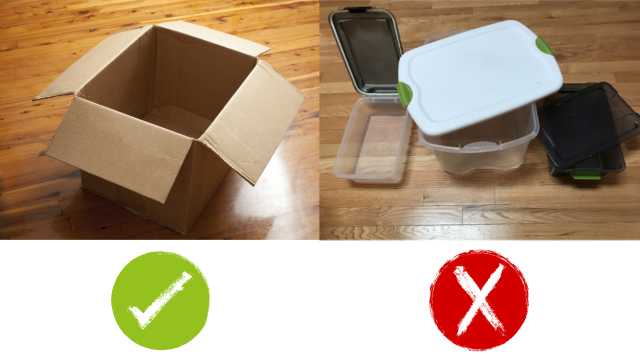For many individuals worldwide, living a green lifestyle has replaced being a fad. People used to sing recycling jingles and trade cans for money, but nowadays most people want to do their part to protect the environment.
What additional advantages come with helping the environment besides the amazing feeling of satisfaction? Some individuals may question if it is worthwhile to take the time it sometimes takes to be environmentally friendly.
But it’s simple to learn about a handful of the numerous advantages of becoming green. Once you realize the benefits of each small adjustment you make, there are numerous reasons to live sustainably.
Here are some greenhouse improvements you can undertake at different levels of experience. This year, pick a handful of these actions to incorporate into your green regimen.
Reduce

This is the most crucial of the three R’s (Reduce, Reuse, and Recycle).
You may believe that you don’t contribute to ocean garbage since you never leave rubbish at the beach, but have you ever taken a closer look at what’s floating around? Not just plastic bottles, plastic shopping bags, and toy beach shovels are to blame. There are also milk jugs, balloons, laundry detergent bottles, and detergent bottles.
Those countless things most likely fell off a barge while being transported to China for recycling. Even if you put something in your recycling container, there’s no assurance it will be recycled.
Stop Buying Water In Bottles

The easiest method to decrease waste, unless there is a contamination concern, is to refrain from using plastic water bottles. Analyses have shown that several types of bottled water are no better than tap water in terms of pollutants.
Up to 17 million barrels of oil are required annually for the manufacture of plastic water bottles. The decomposition of each bottle can take up to a thousand years while simultaneously releasing hazardous substances. Leaked chemicals have the potential to cause cancer and reproductive problems.
However, only 12% of the thirty-five billion water bottles used annually are recycled, meaning that only 50% of what is placed in a recycle bin gets recycled, which negates the claim that “but I recycle my water bottles”.
Bring Your Own Reusable Global Storage Bags

This advice is at the very top of all lists because it has a MASSIVE impact. Worldwide, billions of plastic bags are used each year. Fossil fuels are used to make plastic bags, yet they end up as hazardous garbage in landfills and the ocean. Shredded plastic bags are frequently mistaken for food by birds, who then consume poisonous waste.
At gatherings or fundraisers, reusable bags are frequently distributed. They occasionally come with things you purchase. Most likely, you may assemble a collection of them without investing any money. Except for our insulated bags, that is what we have done. One we purchased from Trader Joe’s has held up for six years. Online stores sell insulated grocery bags.
When Possible, Select Cardboard Over Plastic

In general, cardboard is simpler to recycle than plastic. Additionally, unlike glass or aluminum, which may add a lot of weight to the product, paper goods often degrade more quickly.
When given the option, choose laundry detergent in a box rather than a bottle or pasta in a box as opposed to pasta in a bag. Even better, look for businesses that responsibly source their cardboard or oppose deforestation.
Consider Your Food Storage & Eat At Home

One of the best ways to lessen your effect is to cook at home using fresh ingredients. When you buy food from your neighborhood farmers market or CSA, you often don’t waste packaging and you’re also helping the neighborhood.
Eating more veggies and less meat from industrial farms can help cut down on greenhouse gas emissions. If your family consumes meat, consider reducing your serving sizes and placing more emphasis on the veggies on your plate. Make sure you acquire your meat from a trustworthy, hormone- and antibiotic-free, grass-fed supplier.
In addition to being healthier and cheaper, dining at home reduces the amount of single-use trash produced by fast food and takeout containers. They are frequently made of plastic or Styrofoam and may include phthalates, an endocrine disruptor.
Conserve Water & Energy

According to the World Wildlife Fund, many of the methods we obtain energy—whether we’re powering our houses or filling up our cars with fuel—are inefficient and polluting. Make energy saving a priority as a strategy to reduce your family’s carbon footprint.
Children can also assist in conservation. Children may easily adopt behaviors that will help the family as a whole become more environmentally conscious, such as choosing to play outside over watching TV or playing computer games, turning off the lights whenever they leave a room, and more.
Conclusion:
Because they don’t notice any immediate changes in their life, some individuals are skeptical of the advantages of becoming green. Although it might be difficult to see CO2 clouds disappear, it is much simpler to see more money in your bank account, more people in your social circle, and better food on your table. You’ll never want to give up the battle if you keep an eye out for these new environmentally friendly lifestyle adjustments.







